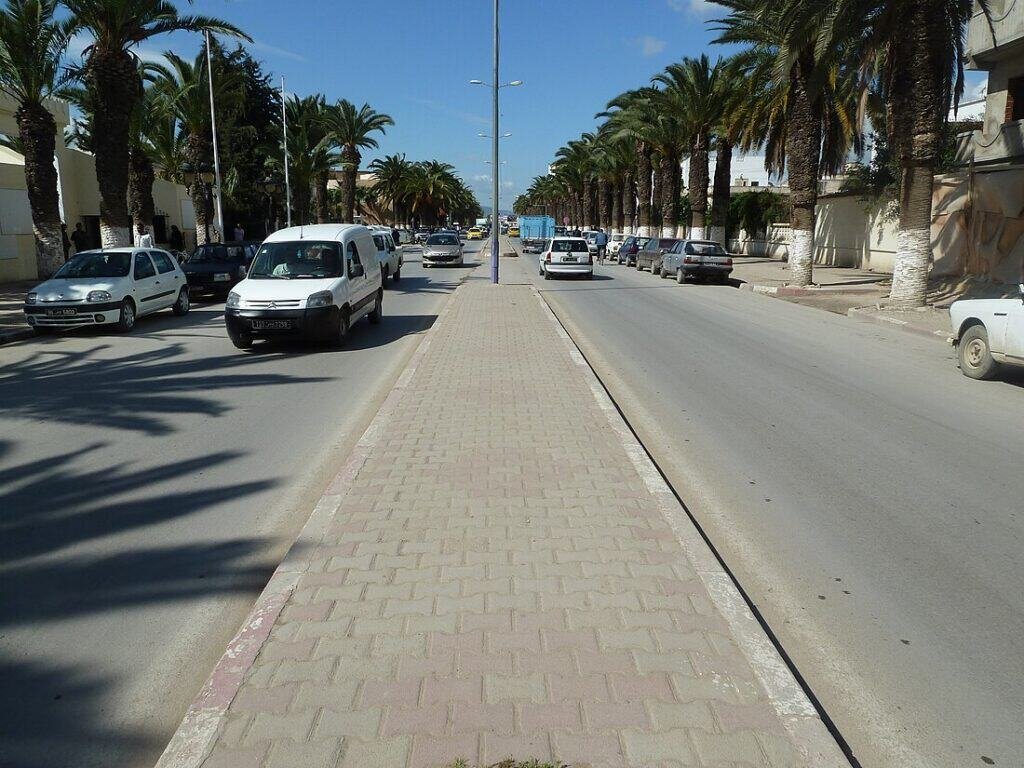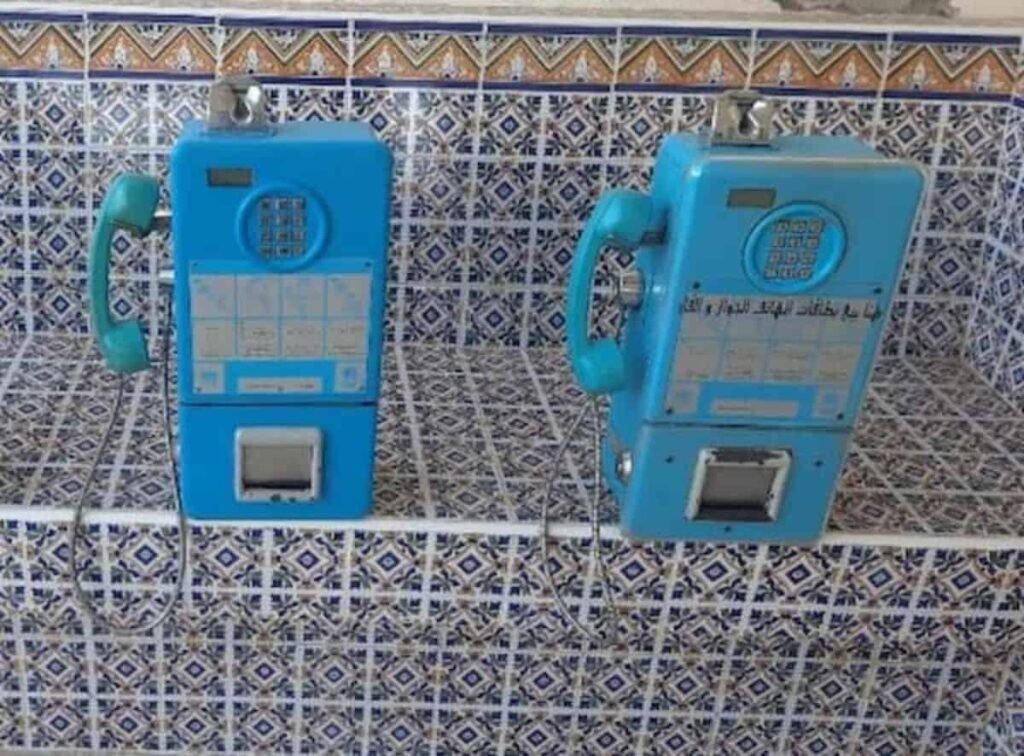Some stories feel so surreal that they seem to come straight out of a novel. My first encounter with Wajdi is one such tale of bicultural love. It all began with a clan conflict — one fought over nothing less than me. In Tunisia, amidst the picturesque backdrop of souks and medinas, I suddenly became the trigger for a dispute that split an entire extended family apart. It struck me as absurd — fighting each other over my favor — but it was deadly serious.
Suddenly I was not allowed to leave the house alone. Always in the company of one of the Marouani sons or cousins from the “right side,” I moved between market stalls and back rooms. It was a strange time: the streets were alive, but also full of danger. My protectors would often whisk me quickly out of the crowd when they spotted members of the rival branch of the family.
Often I sat in the back of small artisan shops, being served tea, while outside the tension crackled in the air like static electricity.

In the middle of this chaos, I met Wajdi. He hardly spoke French, and I didn’t know Arabic. Our conversations consisted of gestures, smiles, and occasional laughter — because Wajdi did his best not only to protect me, but also to entertain me. His shy smile and youthful charm won my heart faster than I cared to admit. While fists flew outside, I fell in love.
Yet in a culture where morality and honor dictate the rules, this was anything but simple. Unmarried couples could not spend time alone together. When I confided in Brahim, Wajdi’s older brother, he took matters into his own hands. The next day the brothers organized an outing to Tabarka. We squeezed into a louage — a shared taxi — and drove through the mountains of Ain Draham toward the sea.
There was laughter, joking, and stolen little touches exchanged. Wajdi, usually the epitome of calm, was visibly nervous — his dark skin blushed red with embarrassment. In the louage we secretly held hands in the back seat. In that moment, I was in seventh heaven.
Sex initially played no role in our relationship. For the first time, I didn’t have to earn attention and affection through physical intimacy. This love was based on something else, something more innocent. But as my first stay in Tunisia came to an end, the big question surfaced: Would Wajdi’s family accept our bond? His father, the patriarch, had to give his blessing. It was a moment full of tension and symbolism.
When Sidi (his father) asked me if I could imagine marriage, I knew it was about more than just paperwork. It was about honor.
Back in Switzerland, I was caught in an emotional whirlwind. I cried for the entire flight home. During the day I tried to focus on business school, but my head and heart were with Wajdi. Our evening telephone conversations became the highlight of my day. I went to a phone booth, while he visited a PubliPhone café in Jendouba. It was expensive and inconvenient, but it was all we had.
My pocket money vanished into the insatiable coin slots of the payphone, but I didn’t care. Every minute I heard his voice was priceless.
What drove me then was a determination I can hardly put into words. The more obstacles this relationship presented, the harder I fought for it. Perhaps it was exactly that challenge which fueled my infatuation. But today I know that the cultural differences that initially bound us would eventually tear us apart.
Yet back then only one thing mattered: Wajdi was my habibi, my heart, and I was willing to give everything to be with him.
Sometimes I wonder whether I truly lived that time or whether it’s part of a novel I only dreamed. But then I think of the phone booths, the louage, the first smile, the first time holding hands — and I know: It was real. It was my story.
